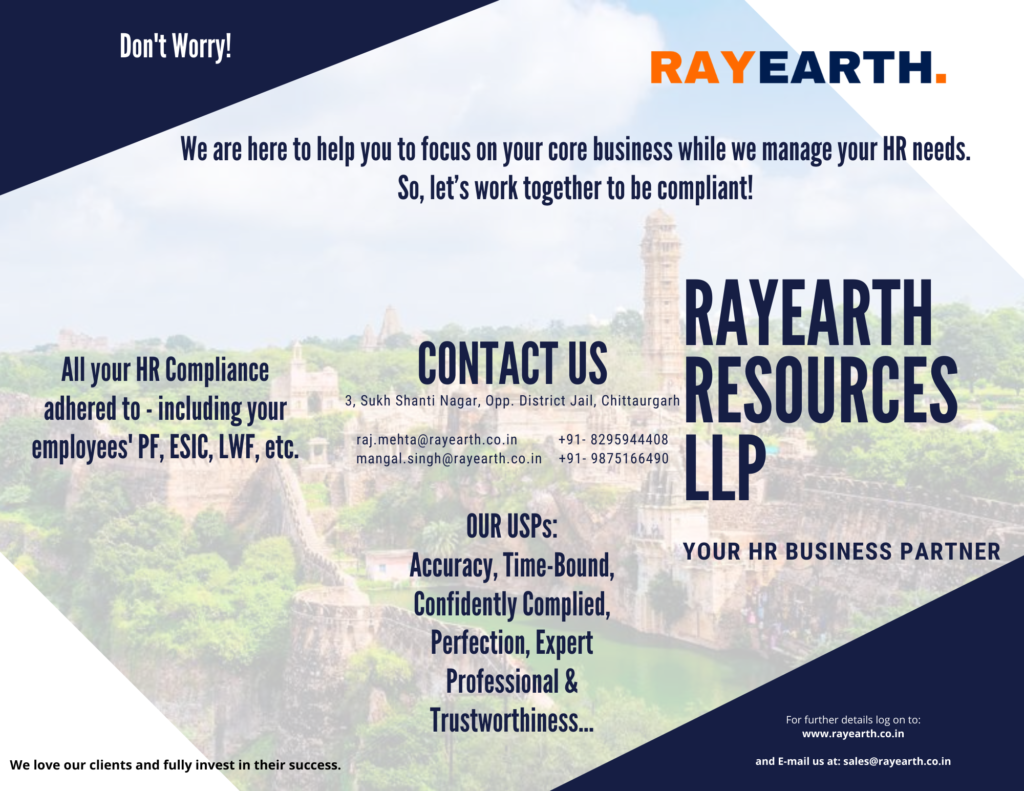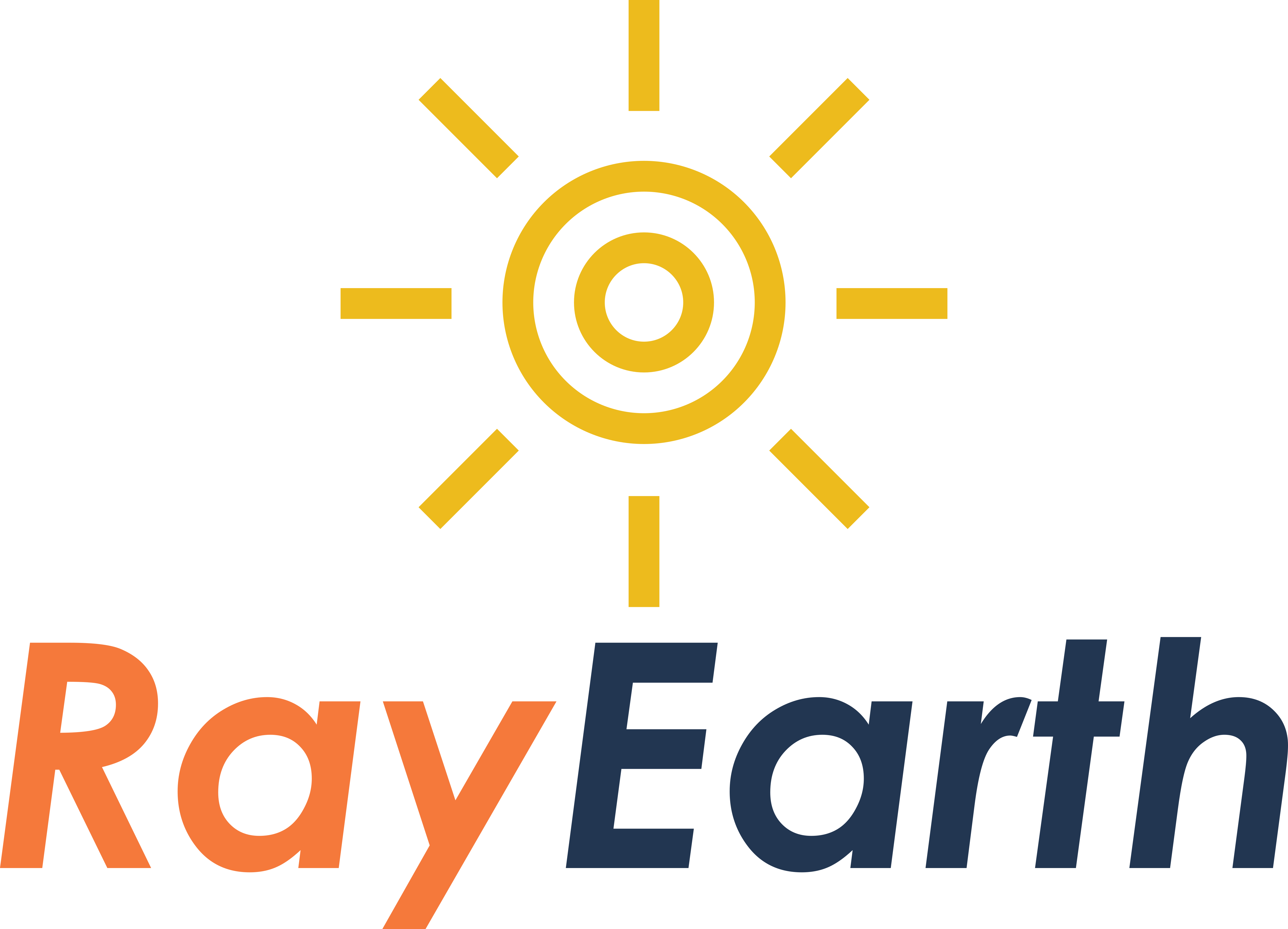Interview is not as easy as we think. Utmost focus and emphasis must be given on Preparation. Mostly, the interviewers use the standard set of questions or patterns but sometimes they may ask out of the box or unusual types of questions including job-specific questions that land the candidate in confusion. Here, we will go through some most commonly asked interview questions and their sample answers that will help us get over the nervousness when on the interview table. Preparing these questions well in advance will enhance the confidence from the start of the interview and the candidate feel more relaxed that helps him set in the interview environment and thus he/she would be able to answer the subsequent unusual questions.
1. Tell me about Yourself.
Looks Simple?? And this thought derails us from preparation. It is the trickiest part where the interviewer wants to know that the candidate is fit for the job or not. Yes, it’s about your candidacy for the job. So, your answer must be according to the job role that shows your experience is relevant to the job. Give a brief of your current or Last role and its relevant achievements.
See the below example:
“My name is Raj. I am from Jaipur. I’m currently working at RBM Consulting and I specialize in handling HR operations at Mid and Large Organizations. The reason I applied for this job is the alignment of my career goals with the job description and I think I would be able to help you on HR issues and handling the Training Needs. One of my key accomplishments in my current role was helping my employer establishing a Robust HR Department with automated processes, and I’m confident I can help your team get similar results here. I will put in my efforts towards channelizing my knowledge and skills while moving ahead with my career in your esteemed organization.”
2. Why Should we Hire You OR why are you a good fit for this position?
This is another opportunity for a Candidate to better describe his/her qualifications and experience. Pick some relevant examples from your achievements that suits well with the Job description. Put whole of your effort to sell yourself and the skills to the hiring manager/interviewer. Explain why you are best than other candidates. Tell about your USPs (Unique Selling Prepositions). It is one of the favourite questions of the interviewers so better be well prepared.
See the below example:
“Being an HR professional for the past 8 years has gained me expertise in handling the full gamut of HR activities likewise recruitment, onboarding, learning and development, statutory compliance, contract labour management and other general administrative activities. I have successfully established a full-fledged HR department in my last two companies and that has also enabled me to maintain a close contact with professionals in other departments as well, which has led me to develop a birds-eye view of an organization taking my knowledge to the next level. Having a look at Job Description for this position, I feel that my experience aligns and I possess all the skills that you’re looking for and my 8-year experience as an HR professional will certainly allow me to leverage my skills and experiences at your esteemed organization.”
3. What are your Weaknesses?
Now, here requires your self-awareness and honesty. No one is perfect, so there is something you are lacking and for the same you are working continuously to improve. So, chose an actual weakness and tell the interviewer what you are doing to overcome it. Try to pick the weakness that is not an essential requirement for the job in context.
See the Below example:
“Most of the time I cannot say NO when someone asks or requests for help. This attitude creates trouble when I end up having a load of requests than I can handle at a specific time. This drives me anxious and stressed. So, I help myself with this situation using Google keep by creating a to-do list so I can decide how much work I can accept and handle in a given time without overload from work.”
4. Why are you leaving your Current Job or Left the last Job?
Never burn the Bridges with your Current or Last employer. You may need them even after leaving. Never put negative about your current employer as this will fetch you nothing good from the potential employer. Instead, prepare for an answer that tells you are interested to take on new opportunities and challenges and the role you are interviewing for is a good fit for you. And what if you were let go of the last Job? Answer it honestly and in a simple way, “Unfortunately, I was let go.” And Of course, they may ask you the follow-up question: Why were you let go? If you were laid off, you can simply say, “The company was restructured/merged/acquired and unfortunately my position was eliminated.”
See the Below Example:
“I have loved working at RBM Consulting, an HR consultancy firm, where I have joined as an HR Executive and progressed to HR Manager position in just under three years. Now, I want to take on a new challenge and utilise the skills I have learnt that’s why this particular role appeals to me so much.”
5. Where do you see yourself in five years?
Changing jobs is now a very common phenomenon in today’s world and most employers recognize that people, especially young, ambitious people are always looking for opportunities. Therefore, you do not have to tell or pretend that you will spend up to five years there. Instead, be honest and specific about your future goals. They should be realistic and if the position aligns with your goals tell the interviewer where this position will take you. It shows employers that you are ambitious, motivated and looking for professional development. If the position does not set you in the right direction with your goals, it OK to tell that you don’t know what the future holds but working here will help you decide the future course of action.
See the Below Example:
“I want to be recognized as an Expert/Leader in the HR industry by the next five years. I am looking for a larger company like you where I can grow and develop my skills to the next level and learn the new things with amazing people of your team while building a career at your company.”
Knowing that the above questions are most commonly asked in the job interviews and still we are not prepared for the answers, we can lose the best opportunity to get hired at the best place to work! So, I recommend that you better spend some time getting comfortable with what you might be asked, what the interviewers are really looking for in your answers, and what it takes to show that you are the one. Best of Luck!! This time, I have covered the topic for experienced job seekers. I will share the interview tips for entry-level/freshers as well in upcoming articles. Stay in touch, read on and Practice, Practice and Practice.

